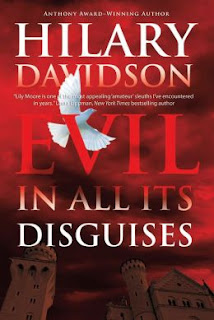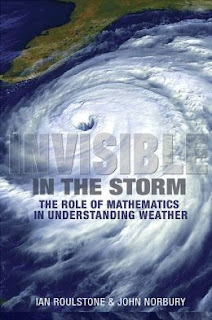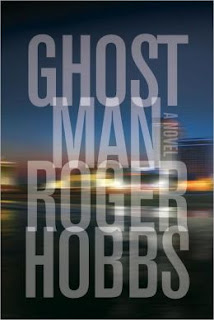Robert J. Sawyer
Robert J. Sawyer has been called “the dean of Canadian science fiction” by The Ottawa Citizen.
His new novel is Red Planet Blues.
From Sawyer's Q & A with Shawn Speakman:
Speakman: [Red Planet Blues] is a fun combination of science fiction and crime/mystery noir. What made you want to meld those two sub-genres together?Learn more about the book and author at Robert J. Sawyer's website and blog.
Sawyer: All the things that have fascinated me in life involve picking up clues. In science fiction, the reader picks up clues from background details that help him or her understand the universe in which the story is set. In mystery fiction, which I’ve always loved, you pick up clues to solve the crime. And in science — especially my two favorite ones, paleontology and astronomy, which are observational as opposed to experimental — you pick up clues from nature that help you develop theories.
Speakman: You mention paleontology. Martian fossils are featured prominently in RED PLANET BLUES. Did you have to do research into paleontology? And, if so, what did that research comprise?
Sawyer: I’d intended to become a paleontologist professionally; I was accepted to major in that at the University of Toronto, and even had a residence room assignment, when I decided I’d never forgive myself if I didn’t at least try to make the crazy dream of being a science-fiction writer work. I’m friends with Phil Currie, one of the world’s great dinosaurian paleontologists — in fact, I hope to see him next week at my Edmonton book-tour stop. Well, Phil always wanted to be a science-fiction writer, and I always wanted to be a paleontologist, and it amuses us both that, in some alternate universe, he’s me, and I’m him.
I already knew all the terrestrial paleontology I needed for this book, but it did present interesting challenges. Even at its ancient wettest, Mars was never very wet — and most Earthly methods of fossilization require percolating groundwater. I had to work out a way...[read on]
The Page 69 Test: Red Planet Blues.
--Marshal Zeringue






























